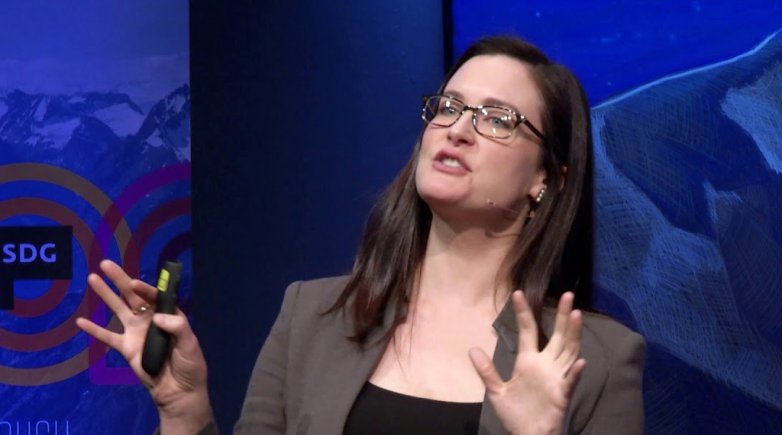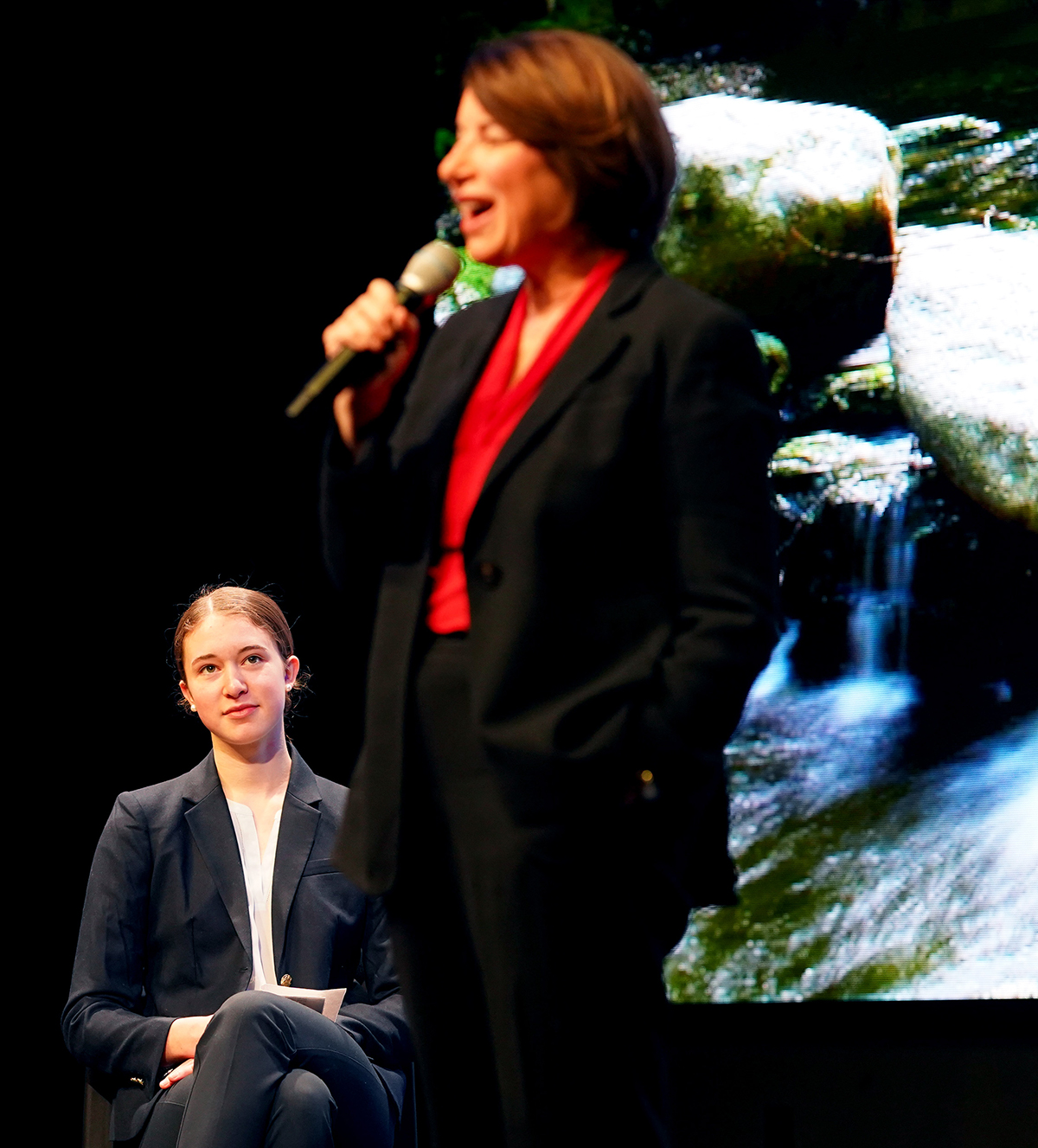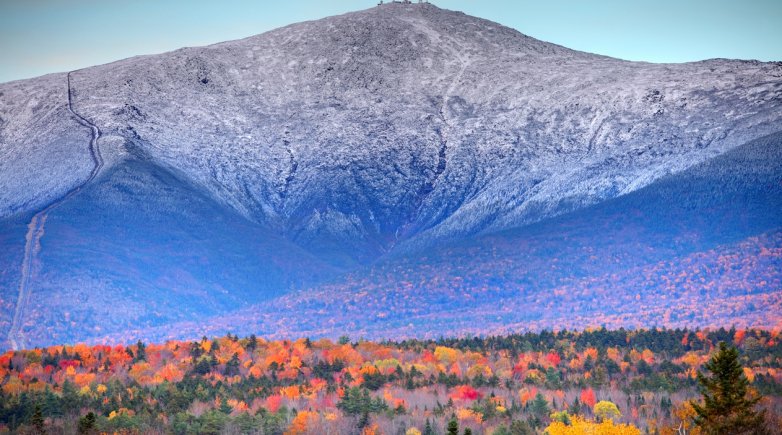Climate Action Day: equity and the environment
Katharine Wilkinson discusses the gender gap among climate science changemakers.
Katharine Wilkinson. (Photo/Waterloo Global Science Initiative)
In recent decades, climate change has increasingly moved to forefront of the national and global conversation. But as Katharine Wilkinson explained in the keynote address of the Academy’s annual Climate Action Day, it’s a discussion that will remain incomplete without a broader diversity of voices.
The co-editor of the 2020 book, All We Can Save, Wilkinson is an advocate for an increase in female involvement at the decision-making levels within the field of climate science. She told the virtual audience that the lack of women in leadership roles creates a “fractured and incomplete ‘we’ in the climate movement.”
“This book was, in some ways, born out of inspiration, but it was also born out of a bit of frustration,” she said. “It's about frustration from a status quo approach that hasn't gotten us where we need to go, and about the better futures that are possible, but keep getting delayed or denied.”



